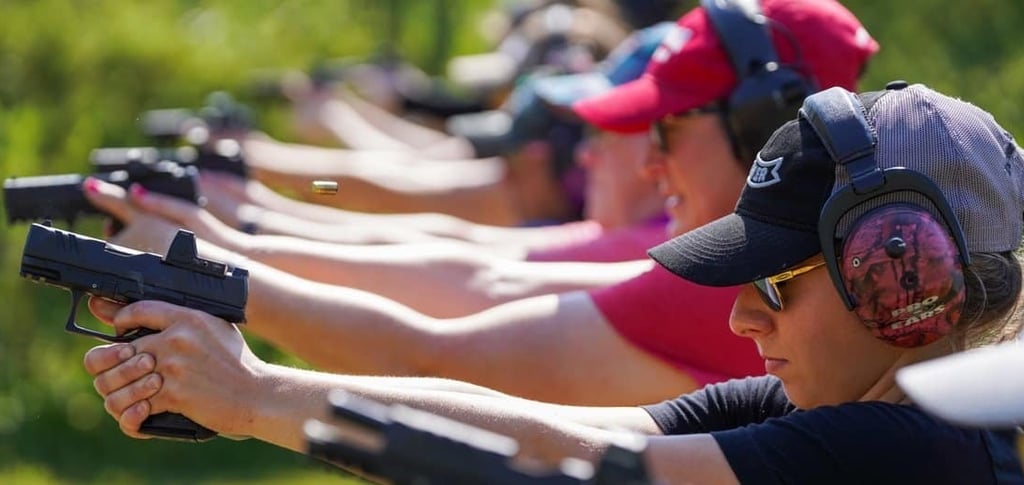The Importance of Continued Training
The Importance of Continued Training for Concealed Carry When it comes to concealed carry, it is not enough to simply obtain a permit and purchase a firearm. The responsibility of carrying a concealed weapon requires ongoing training and practice to ensure the safety of oneself and others. In this article, we will explore the importance of continued training for concealed carry, with a focus on holster draw and proper grip.
Enhancing Holster Draw Skills
One of the most critical aspects of concealed carry training is mastering the skill of a quick and efficient holster draw. In a self-defense situation, every second counts, and being able to draw your firearm swiftly and safely can make all the difference. Regular training sessions that focus on holster draw techniques can help improve muscle memory and reaction times.
During these training sessions, it is crucial to practice drawing from various positions and scenarios. This includes drawing from a seated position, while moving, or even when caught off guard. By simulating real-life situations, individuals can better prepare themselves for the unexpected and develop the necessary skills to respond effectively.
Maintaining a Proper Grip
Another vital aspect of continued training for concealed carry is maintaining a proper grip on the firearm. A secure and consistent grip is essential for accurate and controlled shooting. Regular practice allows individuals to develop muscle memory and ensure they can quickly establish a firm grip, even in high-stress situations.
Training sessions should focus on grip techniques, including hand placement, finger positioning, and applying the appropriate amount of pressure. It is also important to practice shooting with both dominant and non-dominant hands to be prepared for any situation that may arise.
Benefits of Continued Training
Continued training for concealed carry offers numerous benefits beyond just holster draw and grip techniques. Regular practice helps individuals maintain proficiency and confidence in their abilities. It also allows them to identify and address any weaknesses or areas for improvement.
Additionally, ongoing training provides an opportunity to stay updated on the latest laws, regulations, and best practices related to concealed carry. Laws regarding self-defense and firearm use can vary from state to state, and it is crucial to stay informed and comply with all legal requirements.
Furthermore, training sessions offer a chance to engage with other like-minded individuals who share a commitment to responsible concealed carry. Participating in group training or joining a local shooting club can provide valuable networking opportunities and foster a sense of community.
Conclusion
Continued training for concealed carry is of utmost importance for anyone who chooses to exercise their right to carry a concealed weapon. By focusing on essential skills such as holster draw and proper grip, individuals can enhance their ability to respond effectively in self-defense situations. Ongoing training also offers a range of benefits, from maintaining proficiency and confidence to staying updated on legal requirements. Remember, responsible concealed carry goes beyond obtaining a permit; it requires a commitment to ongoing training and practice.




